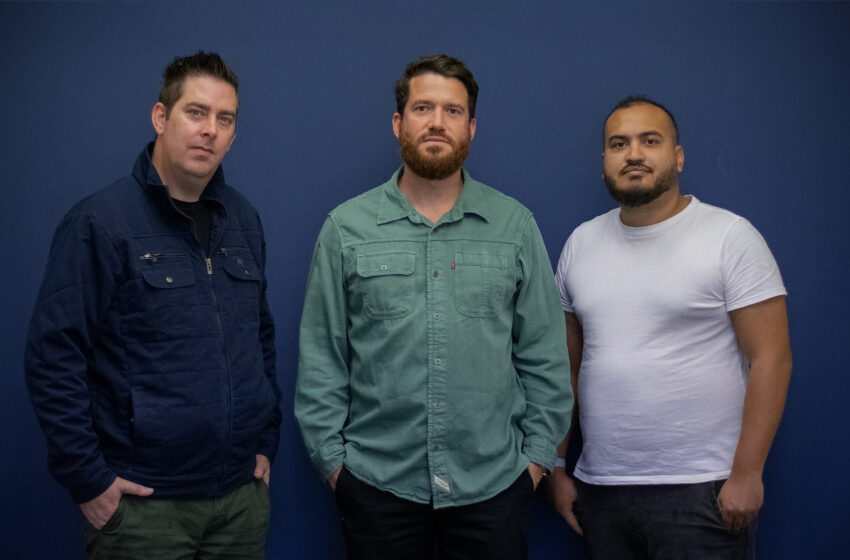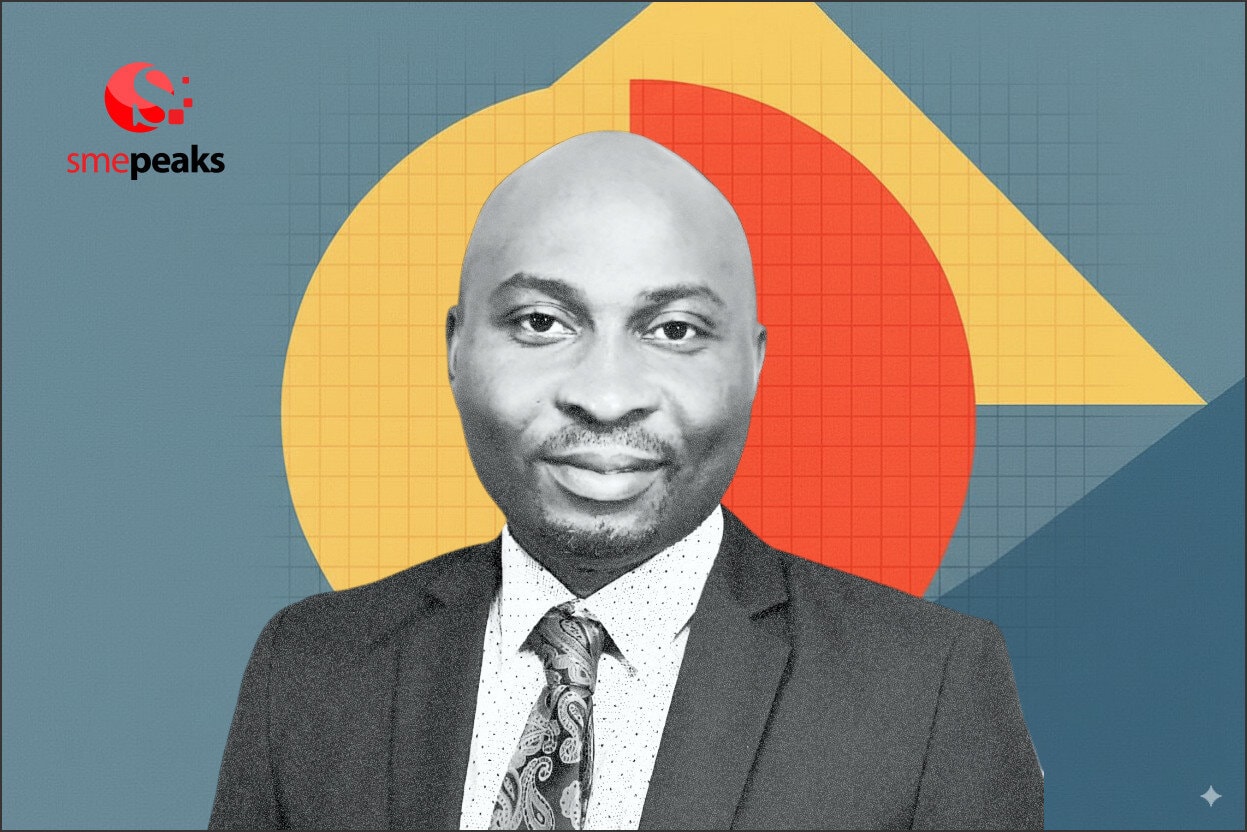

African-built Salus Cloud bags $3.7M to power secure software deployment for SMEs
There’s a new name making waves among Africa’s deep-tech enthusiasts, and it’s not one you would have expected to see in the headlines just a year ago. Salus Cloud, an AI-powered Development Security Operations (DevSecOps platform) crafted by African engineers, has just announced a $3.7 million seed funding round. With this funding, the company is setting out to make secure software delivery as seamless in Lagos as it is in London.
For many startups on the continent, the reliance on foreign tech solutions often comes at a high cost, not just financially, but also in terms of relevance and accessibility. That’s why this funding news matters. Deep-tech seed rounds of this size are still relatively rare in Africa, where fintech and e-commerce tend to dominate the funding landscape. Yet the list of investors reads like a roll call of Africa’s most forward-thinking venture funds: Atlantica Ventures and P1 Ventures co-led the round, with backing from LoftyInc Capital, Zedcrest Capital, and Everywhere Ventures. Tim Chen, General Partner at Essence VC and a well-regarded voice in DevSecOps, also joined as an independent angel investor.
Andrew Mori, Salus Cloud’s CEO, speaks with the kind of conviction that comes from hard-won experience.
“In much of the growth market, most startups and SMEs still operate without secure automated software delivery processes, leaving them vulnerable to breaches, compliance challenges, and slow release cycles,” he said “This funding gives us the firepower to level the playing field, so that high-growth teams, regardless of size or geography, can deploy secure, production-grade software with confidence.”
Also Read: Raising funds in Nigeria? Here’s how to beat the odds and navigate the fundraising maze in 2025
Launched in 2024, Salus Cloud weaves security directly into the continuous integration and delivery process, using an AI-powered system that spots and fixes vulnerabilities in real time. For teams without the resources to hire a dedicated DevOps specialist, this can be a game-changer. Salus Cloud is promising a tool that lets any team, no matter their size or experience, deploy production-grade software with confidence.
That vision is resonating with investors who see the urgency and the opportunity. Noting the significance of a platform like Salus Cloud, Mika Hajjar, Co-Founder and Managing Partner at P1 Ventures, said,
“Salus is exactly the kind of transformative infrastructure we back. They are accelerating developer productivity and security in one of the fastest-growing digital markets globally. As early institutional investors, we’re proud to support the team and actively contribute to shaping the company’s governance and product strategy.”
Ik Kanu, Founding Partner at Atlantica Ventures, added that the intersection of AI, security, and developer productivity is the sweet spot for Africa’s next wave of tech growth.
But the investment is just one piece of a much bigger puzzle. The global DevOps tooling market is expected to hit $25 billion by 2028, while application security spending could top $20 billion by 2030. Despite that, many African startups are still stuck using outdated tools that slow them down and leave them vulnerable. Salus Cloud’s AI-driven automation could be the bridge that finally connects these startups to the same secure, high-velocity software delivery pipelines that power companies in Silicon Valley.
Of course, even the best tools don’t mean much if they’re too expensive or too complicated to use. Developers in Lagos, Nairobi, or Accra are quick to point out that usability matters as much as technology. Salus Cloud seems to get that. Its usage-based pricing means teams pay only for what they use, making it more accessible to startups and SMEs that can’t afford hefty enterprise-grade licenses.
Since its launch, Salus Cloud has already started gaining traction with some of Africa’s leading fintechs and e-commerce players. That early momentum is promising, but there’s still plenty of work ahead. Reliable internet, stable power, and building trust with developers who are used to stitching together open-source tools all pose real challenges. Still, the Salus Cloud team and its backers remain optimistic. “We are excited to back an experienced and second-time founding team as they build essential infrastructure to improve software security and developer productivity for African enterprises,” Kanu emphasised.
The seed funding will help Salus Cloud grow its team, refine its features, and extend its reach beyond Africa into the Middle East and other underserved markets. The company also plans to invest in community building, offering training, support, and spaces where developers can collaborate and learn from each other.
For Africa’s tech ecosystem, this raise is more than just another funding headline. It’s a reminder that homegrown solutions, built by engineers who understand local challenges, are not just possible, they’re essential. As more African startups build products aimed at global markets, the need for secure, scalable, and reliable software delivery will only grow. Salus Cloud wants to be the backbone that helps make that growth sustainable.
In a world where the stakes for software security have never been higher, Salus Cloud’s AI-native platform offers a compelling answer. If they get it right, they might just set the standard for how DevSecOps is done in Africa and spark a new wave of innovation across the continent.




